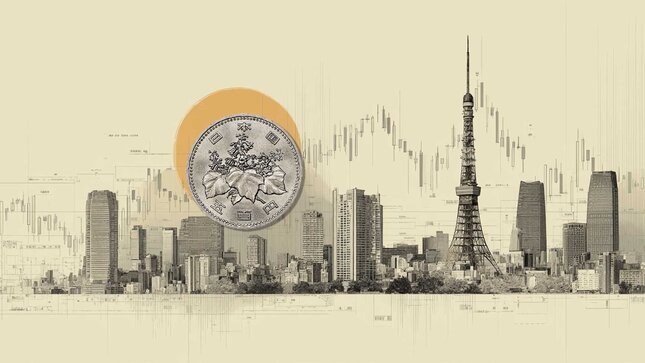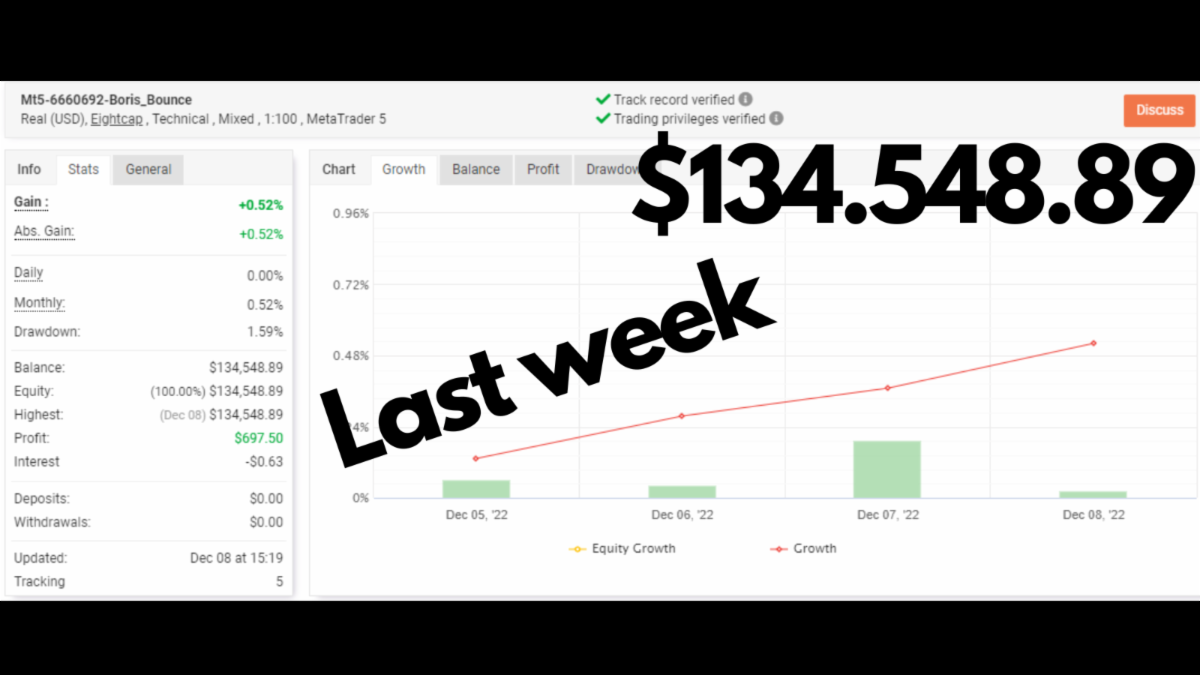In some ways, 21st-century New York resembles a 19th-century metropolis more than it does the 20th. These days the city sidewalks are dotted with fruit stands and coffee carts just like on the Lower East Side in the late 1800’s. Entrepreneurial immigrants are willing to withstand sub-zero conditions to run these things 24/7 in order to save paying rent. In NY everyone has a fruit guy and a coffee guy.
I’ve known my coffee guy for nearly three decades. We’ve both seen our hair grow gray together. Since I am up for the London open everyday we often chat in the wee hours of the morning about the World Cup or his family back in Egypt, but when I return for my second cup after dropping my youngest off at school it's all business as the line is long and he is trying to fill more orders in a minute than Starbucks does in an hour. Often he will see me in line and just fill my order (large, milk only) without us exchanging a word. In that sense he is like the human embodiment of an algo. Reading the proper pattern and fulfilling the order in the most efficient way possible.
Except
This week I bought a new espresso maker and wanted a small rather than a large cup because I wanted to make a red eye at home.
Too late. My big cup coffee order was ready by the time I reached the cart and I just shrugged and accepted it, not wanting to disrupt his rhythm. But that 2 second interaction made me realize why algos in our business always fail in the end.
Trading algos of course are always trained on past data patterns while financial markets are always adapting to new information that could radically transform the future price action. A classic example of that is the orange juice market which had a very repeatable and predictable pattern of falling prices in winter and rising moves in summer because the supply and demand would coincide with the Florida growing season. But sometime in the 1980’s Brazil decided to get into the business and soon became a major supplier of oranges on the world stage. Since Southern hemisphere seasons are inverted orange juice patterns changed as well and the seasonal buy summer/sell winter trade completely reversed causing more than minor bit of damage to the specs that happily traded it for years.
Trading is always a binary decision. Price either continues in the prior direction ( trends) or reverses ( mean reverts), so the whole game is relatively simple but hard because the flip in the pattern - which is the hardest part to predict - is always where all the profit is.
I use the exact same algo to trade both continuation and reversal setups. It is a great tool that manages everything for me - size, risk, structure - except one thing: determining when a regime change is about to occur. For now that part, small as it is, is still a matter of art rather than science.
It may not be so for much longer. The last few weeks everyone has been enamored with ChatGPT, the latest AI tool that has taken the Internet by storm. ChatGPT uses something called transformer technology to create completely new ideas and concepts with just a few simple prompts.
Twitter is full of startling examples of its work from the prosaic (write me a rental contract for a North Carolina property) to the absurd (rewrite Jack and Jill in the form of a Shakespearean sonnet).
ChatGPT is the first “non-robotic” robot but as of now it has only been trained on data up to 2021. In the future it may be powerful enough to be trained in real time at which point it may be able to discern changes in supply and demand and therefore price regime shifts faster than any human alive. That day will bring its own set of challenges and problems for the markets, but for now the trading algo remains a tool rather than a replacement because at least for now the future is still unknowable to such a degree that humans can still compete in the game.
Past performance is not indicative of future results. Trading forex carries a high level of risk, and may not be suitable for all investors. The high degree of leverage can work against you as well as for you. Before deciding to trade any such leveraged products, you should carefully consider your investment objectives, level of experience, and risk appetite. The possibility exists that you could sustain a loss of some or all of your initial investment and therefore you should not invest money that you cannot afford to lose. You should be aware of all the risks associated with trading on margin, and seek advice from an independent financial advisor if you have any doubts.
Editors’ Picks

EUR/USD: US Dollar to remain pressured until uncertainty fog dissipates Premium
The EUR/USD pair lost additional ground in the first week of February, settling at around 1.1820. The reversal lost momentum after the pair peaked at 1.2082 in January, its highest since mid-2021.

Gold: Volatility persists in commodity space Premium
After losing more than 8% to end the previous week, Gold (XAU/USD) remained under heavy selling pressure on Monday and dropped toward $4,400. Although XAU/USD staged a decisive rebound afterward, it failed to stabilize above $5,000.

GBP/USD: Pound Sterling tests key support ahead of a big week Premium
The Pound Sterling (GBP) changed course against the US Dollar (USD), with GBP/USD giving up nearly 200 pips in a dramatic correction.

Bitcoin: The worst may be behind us
Bitcoin (BTC) price recovers slightly, trading at $65,000 at the time of writing on Friday, after reaching a low of $60,000 during the early Asian trading session. The Crypto King remained under pressure so far this week, posting three consecutive weeks of losses exceeding 30%.

Three scenarios for Japanese Yen ahead of snap election Premium
The latest polls point to a dominant win for the ruling bloc at the upcoming Japanese snap election. The larger Sanae Takaichi’s mandate, the more investors fear faster implementation of tax cuts and spending plans.
RECOMMENDED LESSONS
Making money in forex is easy if you know how the bankers trade!
I’m often mystified in my educational forex articles why so many traders struggle to make consistent money out of forex trading. The answer has more to do with what they don’t know than what they do know. After working in investment banks for 20 years many of which were as a Chief trader its second knowledge how to extract cash out of the market.
5 Forex News Events You Need To Know
In the fast moving world of currency markets where huge moves can seemingly come from nowhere, it is extremely important for new traders to learn about the various economic indicators and forex news events and releases that shape the markets. Indeed, quickly getting a handle on which data to look out for, what it means, and how to trade it can see new traders quickly become far more profitable and sets up the road to long term success.
Top 10 Chart Patterns Every Trader Should Know
Chart patterns are one of the most effective trading tools for a trader. They are pure price-action, and form on the basis of underlying buying and selling pressure. Chart patterns have a proven track-record, and traders use them to identify continuation or reversal signals, to open positions and identify price targets.
7 Ways to Avoid Forex Scams
The forex industry is recently seeing more and more scams. Here are 7 ways to avoid losing your money in such scams: Forex scams are becoming frequent. Michael Greenberg reports on luxurious expenses, including a submarine bought from the money taken from forex traders. Here’s another report of a forex fraud. So, how can we avoid falling in such forex scams?
What Are the 10 Fatal Mistakes Traders Make
Trading is exciting. Trading is hard. Trading is extremely hard. Some say that it takes more than 10,000 hours to master. Others believe that trading is the way to quick riches. They might be both wrong. What is important to know that no matter how experienced you are, mistakes will be part of the trading process.
The challenge: Timing the market and trader psychology
Successful trading often comes down to timing – entering and exiting trades at the right moments. Yet timing the market is notoriously difficult, largely because human psychology can derail even the best plans. Two powerful emotions in particular – fear and greed – tend to drive trading decisions off course.

-638070339661936454.png)


